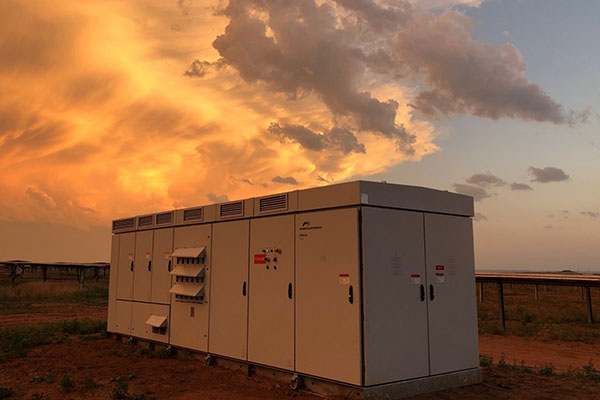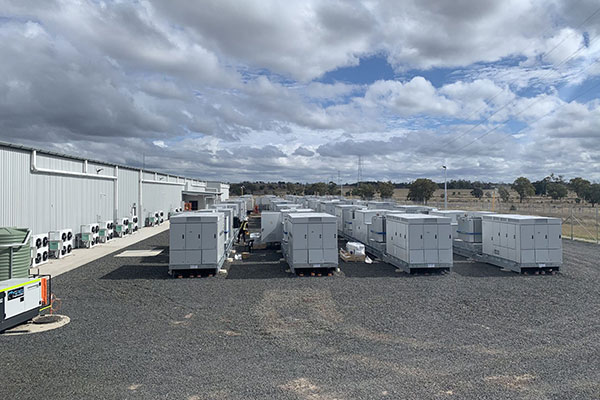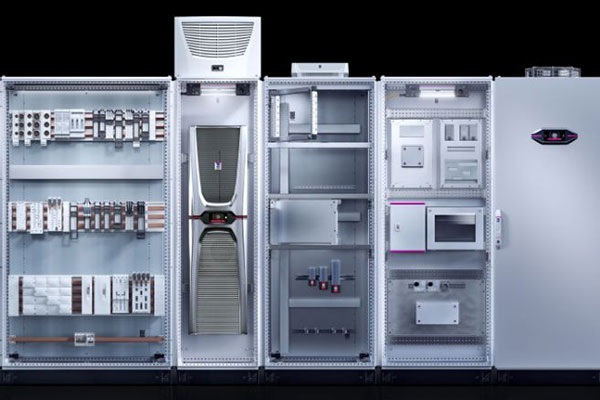Electric Power & Power Supply
UPS, or uninterruptible power supply, is a crucial system equipment that bridges the gap between the battery and the main engine of a device or system. Its primary function is to convert direct current (DC) into mains power through the use of module circuits, such as the main engine inverter. UPS systems are mainly utilized in various applications, including single computers, computer network systems, and other power electronic equipment like solenoid valves and pressure transmitters, to provide a stable and uninterrupted power supply. The significance of UPS power supply in modern-day operations cannot be understated. With the ever-increasing reliance on technology, power outages and fluctuations can bring significant challenges, disrupt operations, and potentially damage sensitive equipment. The role of a UPS system is to ensure continuity by providing backup power during such events. This functionality not only safeguards critical systems but also contributes to increased productivity, data integrity, and protection against financial losses. In order for a UPS system to perform optimally, the prevention of overheating is of utmost importance.
Heat is generated due to the conversion process and constant operation of electrical components within the system. If not efficiently managed, this heat can lead to malfunctions, component failures, and overall degradation of the equipment's performance. This is where the role of an aluminum extruded heat sink comes into play. Aluminum extruded heat sinks are widely used in UPS systems to facilitate effective heat dissipation. The extrusion process creates a high surface area-to-volume ratio, allowing for efficient transfer of heat from the UPS system to the surrounding environment. These heat sinks are typically attached to components that generate the most heat, such as power transistors or other high-power devices. By doing so, the heat sinks act as thermal conductors, absorbing the excess heat and dispersing it into the surrounding air. The design and size of the aluminum extruded heat sink play a crucial role in optimizing heat dissipation. Factors such as the fins' width, height, and spacing, as well as the overall surface area, must be carefully considered to ensure efficient cooling. Additionally, the use of cooling fans or natural convection can further enhance the heat dissipation process, particularly in applications where the ambient temperature is high or the system operates under heavy load conditions. By incorporating aluminum extruded heat sinks into UPS systems, manufacturers ensure the normal operation and longevity of the equipment. These heat sinks aid in reducing operating temperatures, preventing overheating-related issues, and preserving the integrity and reliability of the UPS system. The effective dissipation of heat helps to maintain the internal components within their safe operating temperatures, thereby extending their lifespan and enhancing overall system performance.
In conclusion, UPS systems play a vital role in providing continuous and stable power supply in various applications. The efficient dissipation of heat is crucial to ensuring the normal operation and longevity of the equipment. Aluminum extruded heat sinks serve as a key component in managing heat generated by UPS systems, allowing for optimal performance and protection against potential damage caused by overheating. Thus, their importance cannot be overlooked in the design and implementation of UPS power supply solutions.









